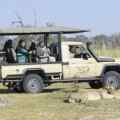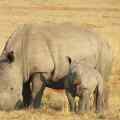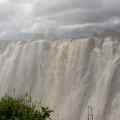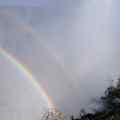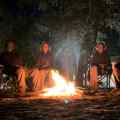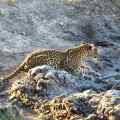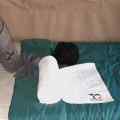Important Info
Important Information clients should know & things to bring on the safari
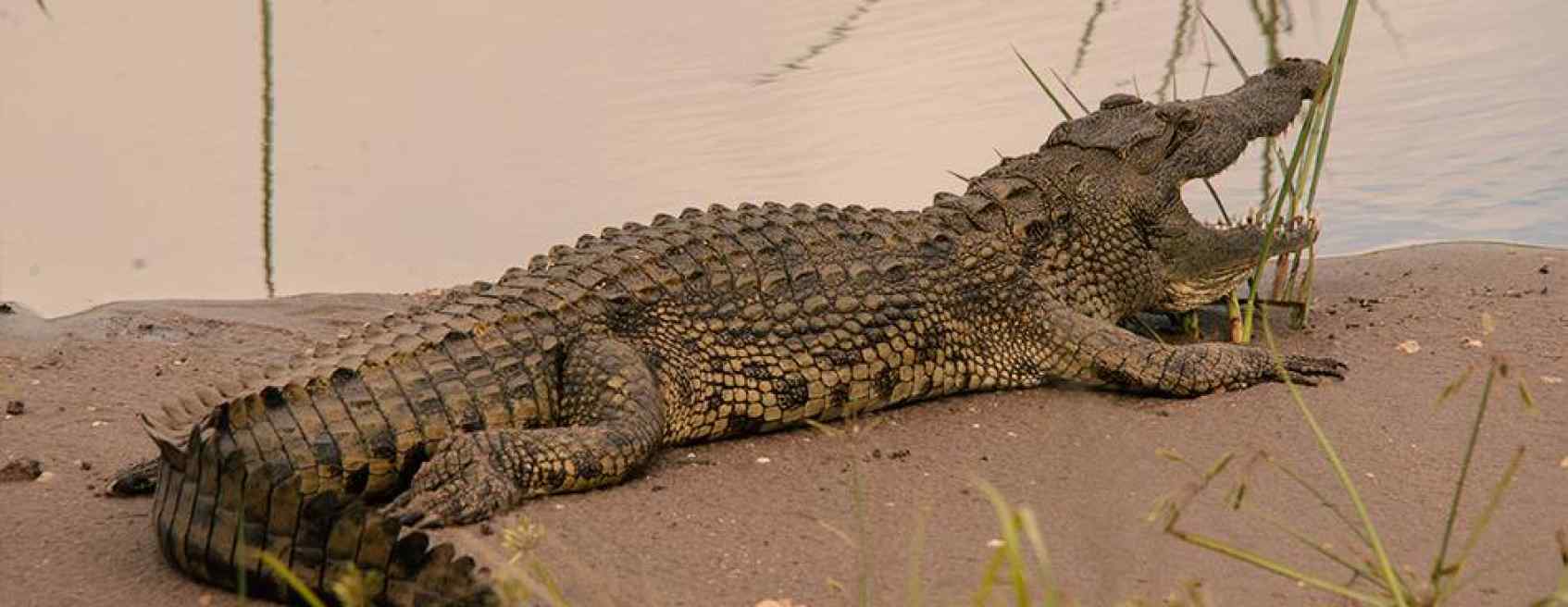
IMPORTANT INFORMATION CLIENTS SHOULD KNOW & THINGS TO BRING ON THE SAFARI
VISA AND PASSPORT INFORMATION
Important: Before your departure on safari, please ensure that your passport has enough blank pages (more than four) and is endorsed with a visa if required for any country to be visited.
We urge you to check the immigration requirements to each of the countries covered in CV your itinerary, before departure for Southern Africa. Immigration policies and regulations in each country can change from time to time without notice.
Although we will try to meet your safari requirements, Mosu Safari Tours, their staff or agents will not be held responsible for any client traveling without a passport or without valid visa (s).
Zimbabwe: Visa entry requirements are US$30.00 per person .You will also be required to purchase US$30 departure tax stamp in cash at the airport on leaving Zimbabwe on international flights. In addition, there is KAZA Visa, which can be purchased at any entry point at a cost of US$50.00 per person.
Zambia Revised Visas:
British Nationals:
Single entry: GB£25 or US$30.00
Multiple entry: GB£30 or US$60.00
US Nationals:
Standard Visa: US$30.00
Canadians: US$30.00
South Africa, Botswana and Namibia: No entry requirements for US citizens and most European Union Countries.
WHAT KIND OF CAMERA EQUIPMENT SHOULD I BRING?
The less weight, the easier for you to carry during your safari. Small hands held digital video cameras are excellent on a walk or game drive. The minimum lens when taking still photos will be 200-300 mm zoom lens with standard SLR cameras, and a lightweight telescopic lens if you wish to take pictures of birds or mammals at a distance. We recommend that you visit your local camera shop in your hometown for advice before departure. We advise that you purchase lots of film or memory sticks as these are not always available in the more remote parts. Large camera tripods will take up too much space- a small hand tripod or monopod is ideal.
CAN I BRING A FLASHLIGHT/TORCH IN MY BACKPACK?
We recommend you bring a small, powerful flashlight/torch and spare batteries or recharger – although some of the shops sell flashlights/torches.
RECOMMENDED READING- NATURE BOOKS
Identifying and reading about species of birds or mammals with your local guides is an enjoyable part of your trip. As you are required to travel light, we recommend you purchase just one or two of these books:
- For Keen bird watchers: Ken Newman’s Birds of South Africa, 7th Edition.
- Mammals: Chris & Tilde Stuart’s Field Guide to the Mammals of Southern Africa.
- Keen on reptiles: Bill Branch’s Field Guide to the Snakes & Reptiles of Southern Africa.
- You want to learn tracking skills on Safari: Clive Walker’s Sign of the Wild.
WHAT SORT OF ELECTRICAL POWER OUTLETS DO THEY USE IN AFRICA?
220v or 110v are the most commonly used electrical power outlets. South Africa, Botswana and Namibia have a round plug system similar to American type. Zimbabwe and Zambia have square 3- pin plugs similar to British type. We recommend you bring a 50watt Radio Shack multi-nation Travel Adapter that can convert 220/240v to 110/120v and will fit most sockets in Southern Africa or Europe. Most game lodges use diesel generators or solar panels for electricity in the camp, please bear with lodge staff and management as they will advise when the power will be available for our use.
CAN I BRING MY MOBILE (CELL) PHONE, IRIDIUM OR RADIO PHONE?
Be informed in advance that any type of phone/radio will not be allowed for usage during safari, as this will hinder the privacy and the enjoyment of your holiday in Africa. Should you bring this equipment, please ensure that you keep and use it in your room/tent only, not in public areas at lodges and it should never interfere with any other guests on safari.
E-mail facilities or internet cafes will be available only in cities or towns such as Johannesburg, Maun, Kasane, Cape Town and Victoria Falls.
CAN WILD ANIMALS BE APPROCHED UNACCOMPANIED BY A GUIDE?
Never! Even if animals approach the camp grounds, we are not in a Zoo or a Theme Park where animals are accustomed to humans. Your safari will be conducted in real African wilderness with occasional close encounters with wild animals. Attacks by these animals are rare, but we cannot guarantee that it will not happen. All wild animals need to be treated with respect. Clients are advised to adhere to rules and follow the instructions of the guide conducting your safari, especially on walking trails. Mosu Safari Tours cannot be held responsible for any injury or incident that may occur due to carelessness or negligence on your part.
WHAT HAPPENS, SHOULD A PROBLEM OCCUR?
- We expect your trip to be problem free, but if any do occur, please do not hesitate to contact your guide who will be able to assist or attend to your problem immediately.
IS THE WATER SAFE TO DRINK?
- Not always. We do not recommend drinking tap water in any hotel, camp or game lodges during your trip.
- We recommend you drink only bottled water.
- The tap water in your room however can be safely used to brush your teeth and wash with.
- Note: To avoid effects of dehydration, please drink lots of bottled water and other beverages while traveling, especially in the hot months (August to November). On any walking safaris please take one or two bottles of water with you.
WHAT TRAVEL INSURANCE DO I NEED?
- We strongly advise you to purchase full and comprehensive travel insurance to cover any eventuality before traveling, including: Safari Cancellation, Injury, accident, illness, death, medical expenses, emergency repatriation, loss of money or personal belongings. This is compulsory on all trips, please arrange with your personal broker or agent before departure.
- Mosu Safari Tours shall not be liable or held responsible for any loss of baggage, damage, injury, death, safari cancellation, accident or illness during the safari trip.
- Basic First Aid Kit with any personal medications, anti-malarial tablets, mosquito repellant lotion/spray, and antihistamine cream/tabs, Elastoplasts, Imodium, antiseptic cream and aspirin. Vitamin A helps to ward off, and heal, sunburn
WHAT INFORMATION WILL I NEED TO FILE AN INSURANCE CLAIM WHEN I RETURN?
If an incident(s) occurs, keep copies of every detail and documents such as
Police reports, doctor’s note, when and where it happened, etc. in order to enable you to make a claim on your return home.
WHAT SORT OF CLOTHING AND BAGGAGE SHOULD I CARRY ON SAFARI?
We would encourage you to keep your clothing and baggage to casual and comfortable basics.
DO NOT brings the following clothing: ARMY/Camouflage print clothing, bright colors, and army hats.
CLIMATE IN SOUTHREN AFRICA:
Things to bring on the safari
- Summer months are November, December, January and February, with minimum temperatures of 36 degrees F/2 degrees C.
- Winter months are May, June and July which can be very cold with minimum temperatures of 36 degrees F/2 degrees C.
- Spring months are August, September and October and this is the best Safari season although hot with lowest temperatures of 60 degrees F/15 degrees C.
- Park clothing according to the season in which you will travel- frosts in an African winter are not uncommon. Choose neutral colored so as not to startle the animals. Here follows a suggested list:
- Bath soaps
- Good walking shoes – Leather or trainer type, with high ankle.
- Good strong sandals
- Long trousers (preferably unzip at knee type) chinos or slacks
- Long sleeved shirts for evenings/short sleeved for day
- Swimming costume/bathing suit.
- Warm track suit
- Shorts/skirts for ladies
- T/shirts (cotton) Underwear and socks.
- Lightweight pair of good binoculars.
- Lightweight Raincoat
- Cameras and plenty of film/spare batteries/multi-plug recharger
- Khaki/green peak cap or shady bush hat.
- Torch/flashlight with spare batteries Warm sweater, beanie, scarf, warm gloves for winter months (Preferably warm Anorak/Parka for cold early morning drives
- Your valid passport!
- Polarized good quality sunglasses
- If you wear contact lenses, bring enough cleaner and solution for the trip.
NB: Please note that we allow 20kg luggage per person for the safari but should you have more than that let us know well in time so that we help you hire a vehicle to carry your luggage until the end of the trip.
Tip: Also pack a spare pair of ordinary prescription glasses- we may encounter very dusty conditions when you will be more comfortable with ordinary spectacles.
HOW MUCH MONEY IS ALLOWED ON SAFARI?
We will recommend you bring small denominations in cash for easy exchange, tips, airport departure taxes etc. US$1, US$2, US$5, US$10, US$20, US$50. Many countries may not have change for large notes such as US$100. Credit cards can be used in South Africa and Botswana. Ensure that your tour leader guide is close to you when using credit cards, as she/he knows the requirements of each country’s Credit Card facilities.
HOW MUCH AM I SUPPOSED TO TIP ON SAFARI?
Tipping during safari is not compulsory, and is at client’s discretion. A guideline is: Guide on the safari with you- around US$8.00 per person per day.
General staff eg camp assistant- around US$5.00 per client per day- usually lodges provide a tipping box and tips are shared amongst all the staff.
In hotels/ restaurants, around 5% is usual for excellent service
Mosu Safari Tours wishes you a memorable safari

